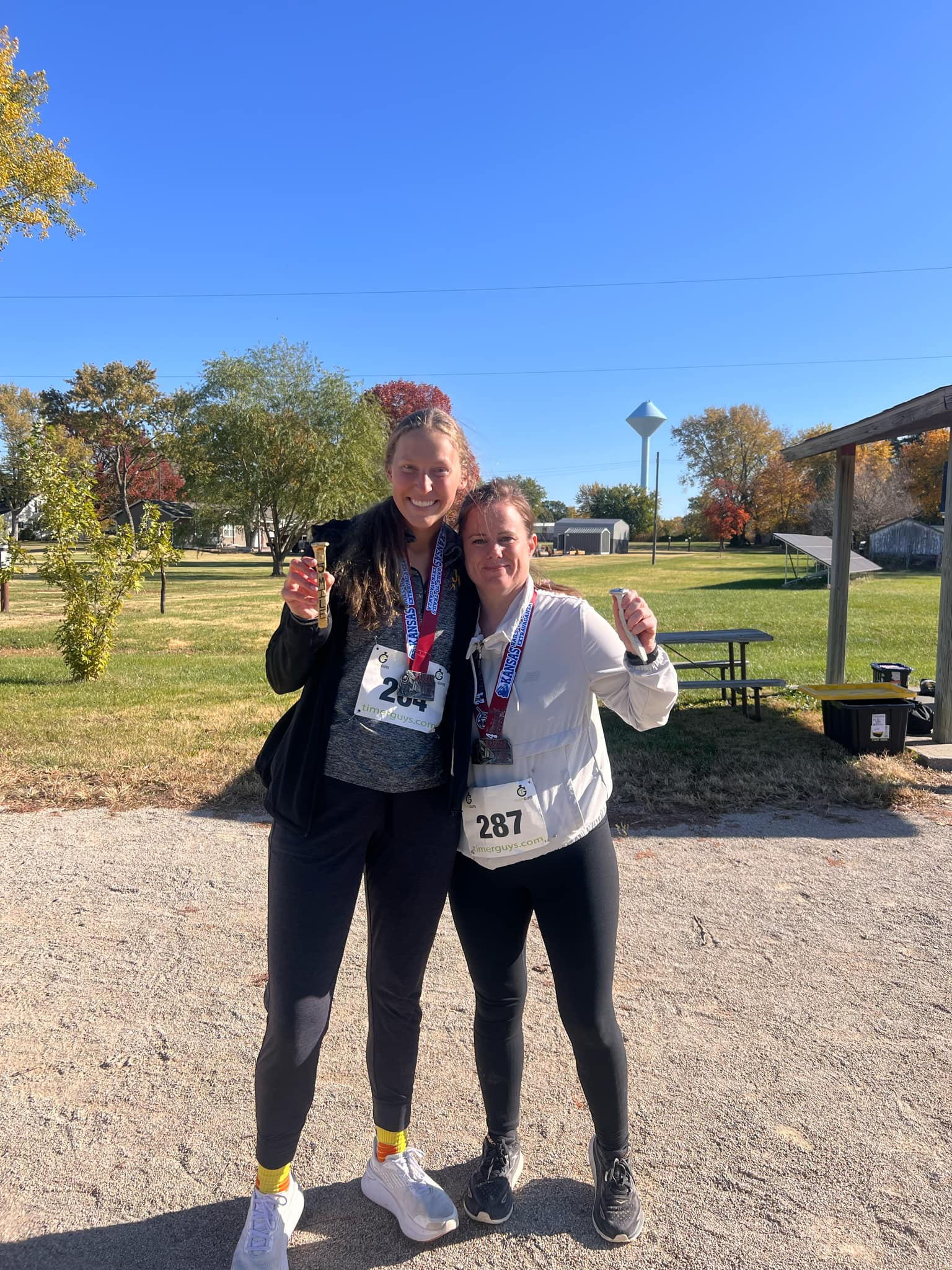
I Thought I Was Just Tired. Then Everything Changed.
Emily, age 36, Kansas
For years, I pushed through the fatigue. I was a mom, a professional, and someone who always got things done, even when my body begged for rest. I thought I was just tired. Maybe overworked. Maybe anxious. Maybe both. But when I started experiencing sudden dizziness, rapid heart rate from standing, and overwhelming fatigue that no amount of sleep could fix, I knew something was wrong.
At one point, I could barely walk without feeling like I’d collapse. My legs would twitch, my heart would race, and my thoughts felt foggy and disconnected. I began to fear movement. Everyday tasks like grocery shopping or standing to make dinner became physically exhausting. I felt like I was losing control of my life, and doctors didn’t have clear answers at first.
I was an athlete before I got sick, and it was incredibly hard to come to terms with what my body could no longer do. I felt like a stranger inside it. I felt embarrassed, and to be honest, I still have a hard time with it. Accepting my limitations while trying to hold onto my identity has been one of the most painful parts of this journey.
In 2013, I was diagnosed with Postural Orthostatic Tachycardia Syndrome (POTS), a form of dysautonomia that affects how blood flows through the body, especially when changing positions. I was also diagnosed with PTSD, which made managing my symptoms even more complex. It was a relief to finally have names for what I was experiencing, but the journey to managing them has been anything but simple.
I also became a single parent. Navigating chronic illness while raising my children on my own has tested me in every possible way. But it has also shown me a strength I didn’t know I had.
With the support of others, a lot of nervous system healing, and a deep focus on pacing and movement, I’ve slowly rebuilt trust with my body. Through consistent exercise, mindset work, and gentle progress, I’ve now run several 5Ks and even completed a half marathon. That’s something I never thought would be possible when I was too dizzy to stand or too exhausted to make it through the day.
POTS doesn’t always look dramatic. Sometimes it looks like canceling plans. Or sitting on the floor because standing is too much. Or feeling "lazy" when you’re actually fighting your own nervous system all day long. It affects everything, from how I parent to how I work. But what’s helped me most is realizing: I’m not alone.
There’s a whole community of people who understand this invisible battle, who’ve felt dismissed, misdiagnosed, or told it’s all in their head.
I still have tough days. But I also have hope. With the right tools, support, and a lot of self-compassion, I’ve found a way forward. You can live with POTS. You can work. You can exercise. And you can still find joy.
If you're reading this and struggling with POTS, you’re not weak. You’re not lazy. And you’re not alone.